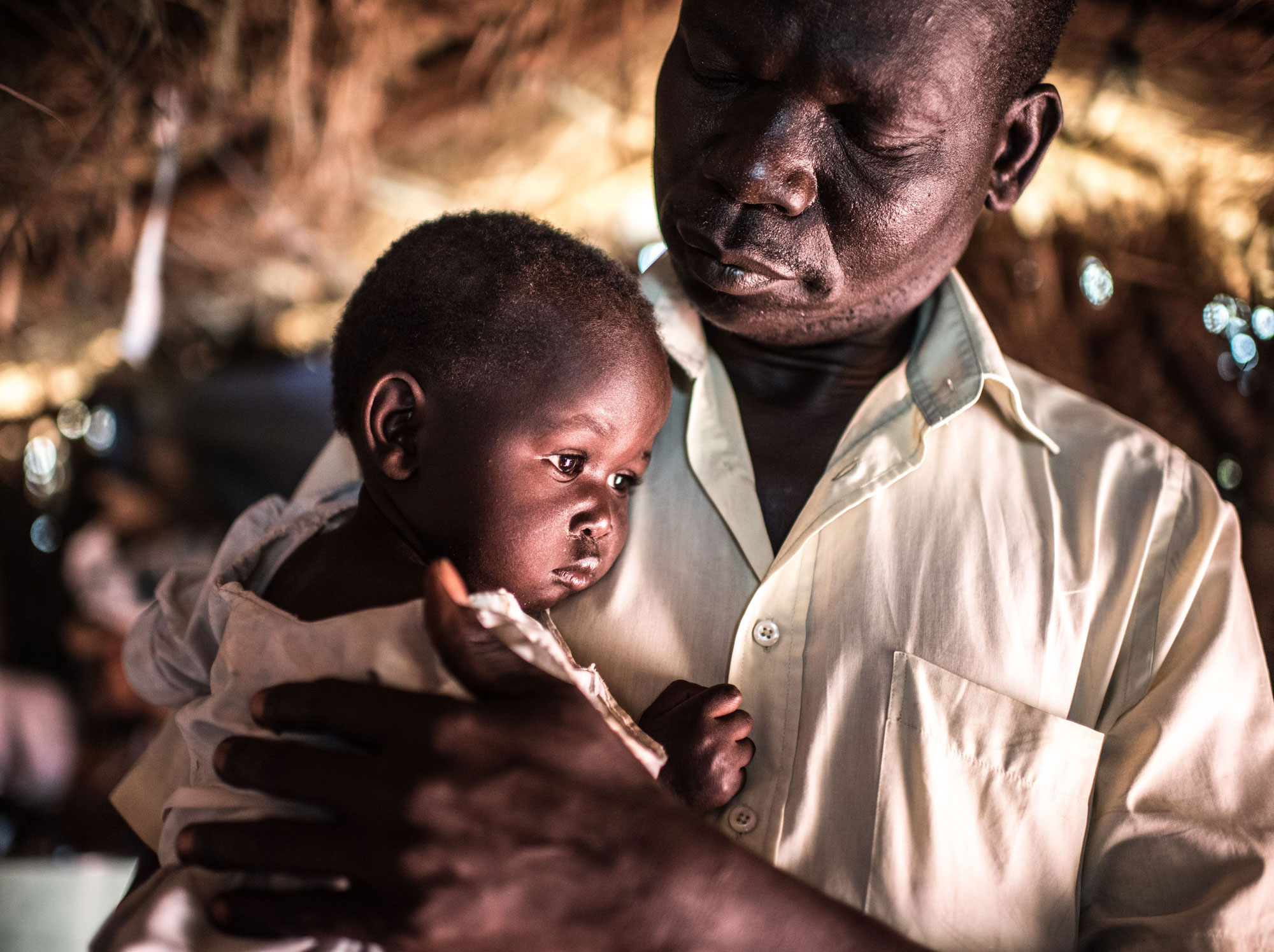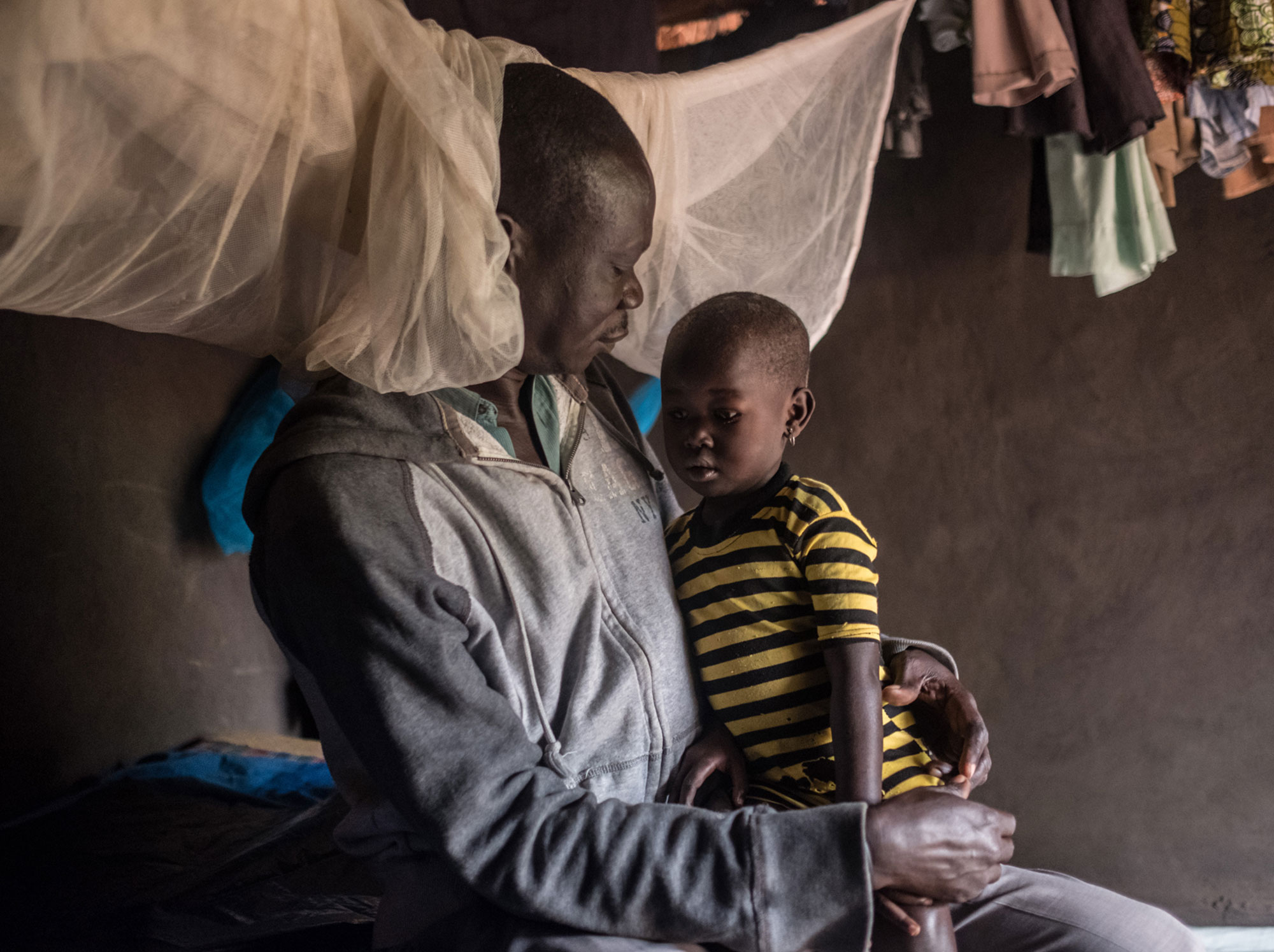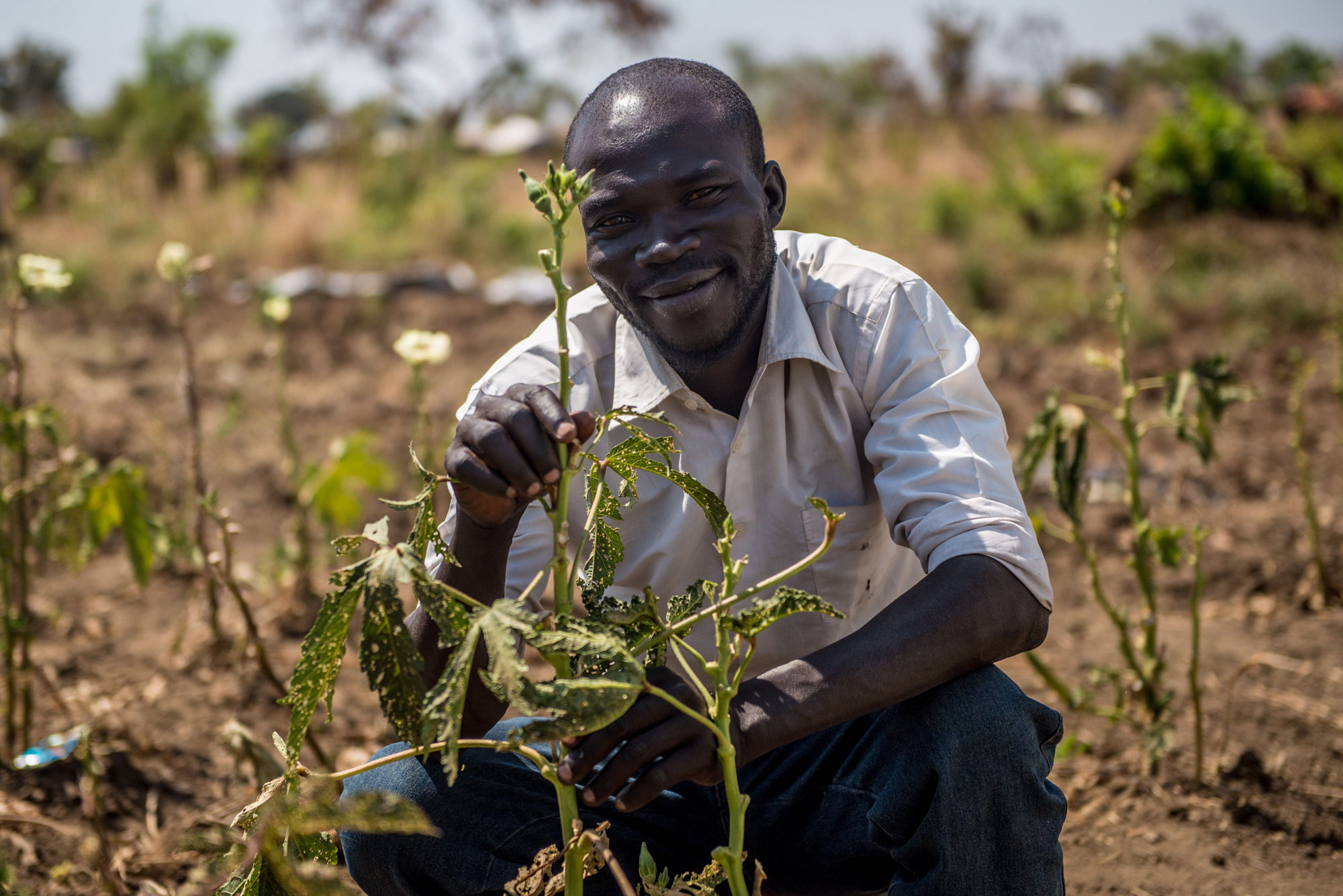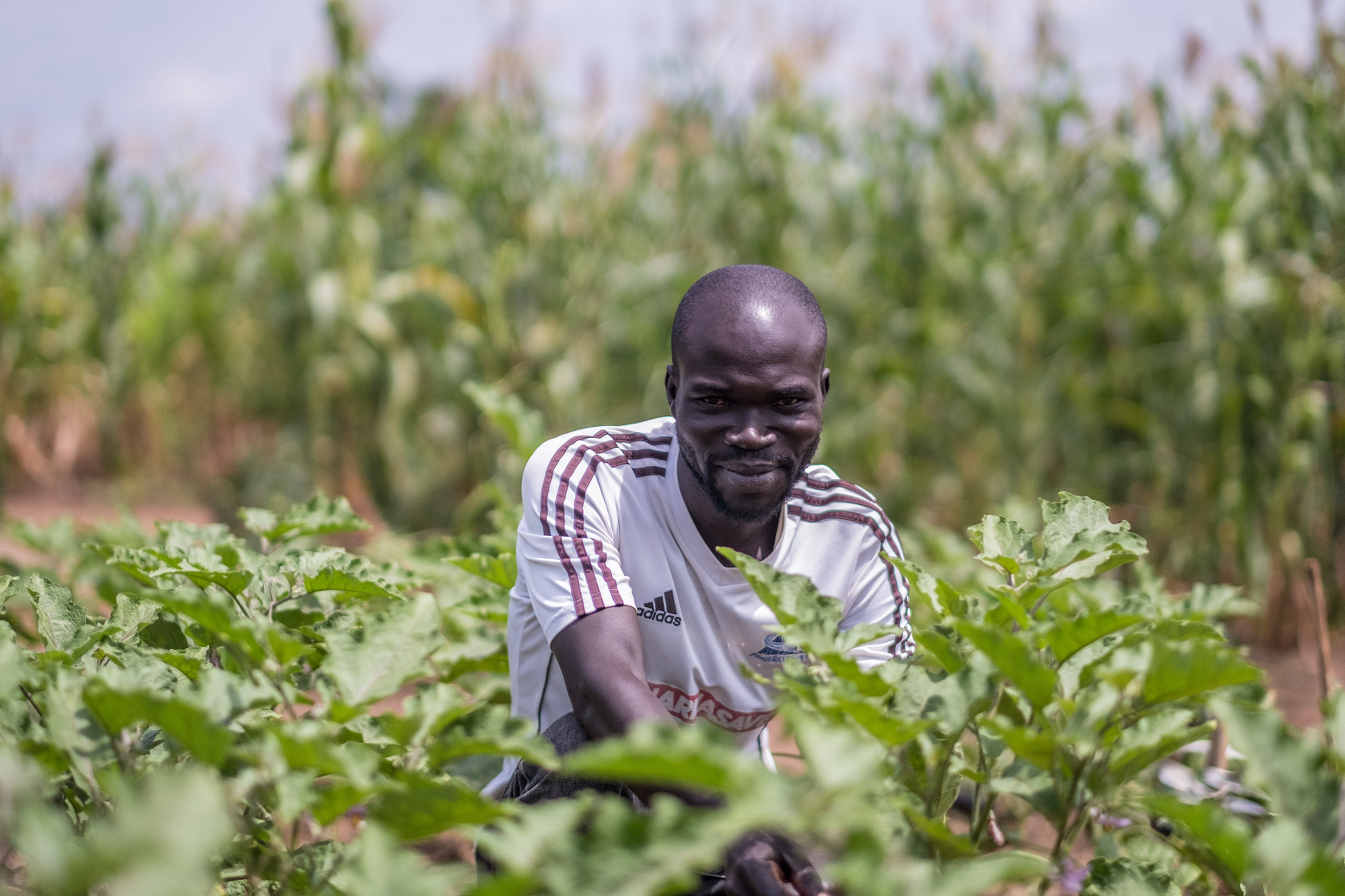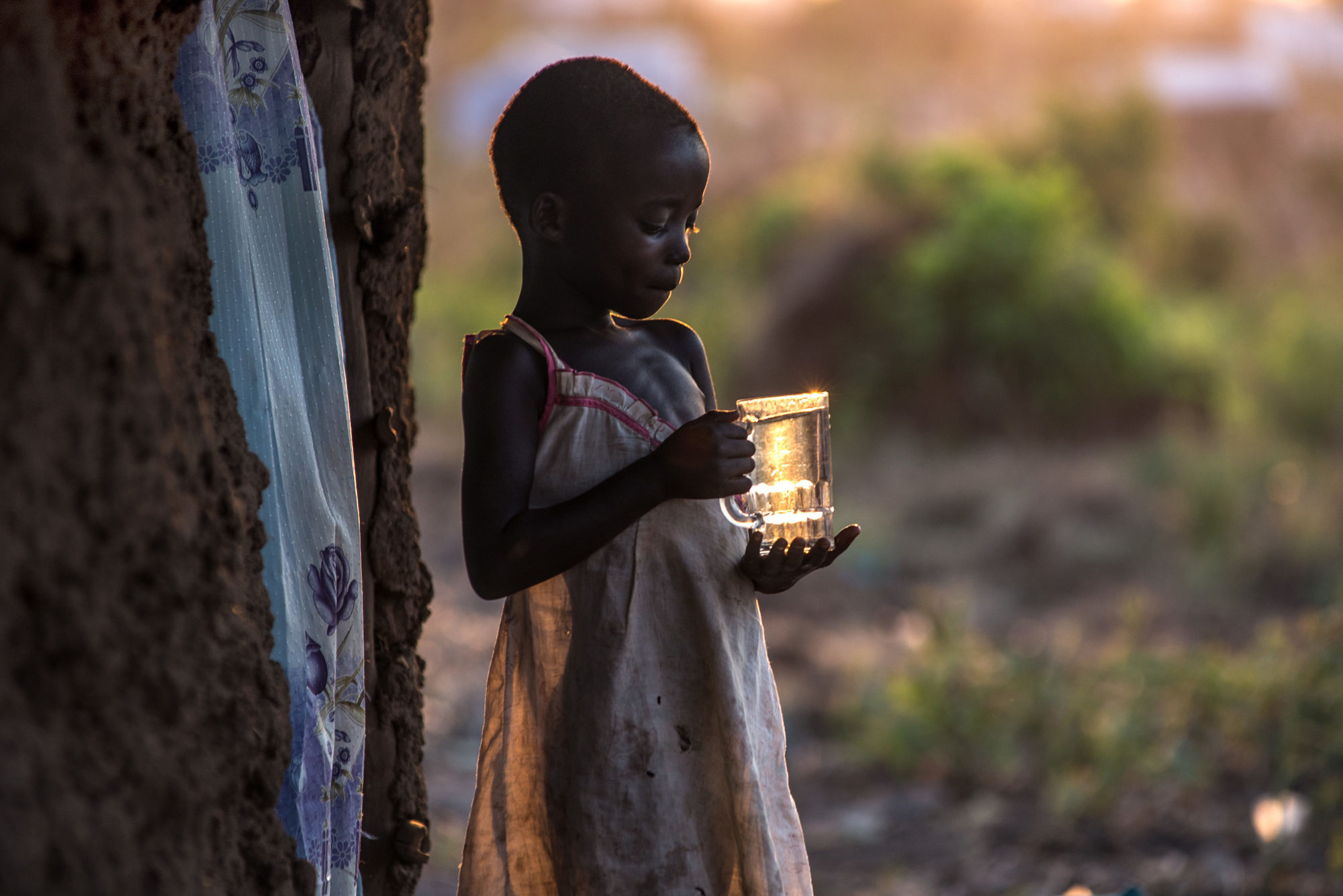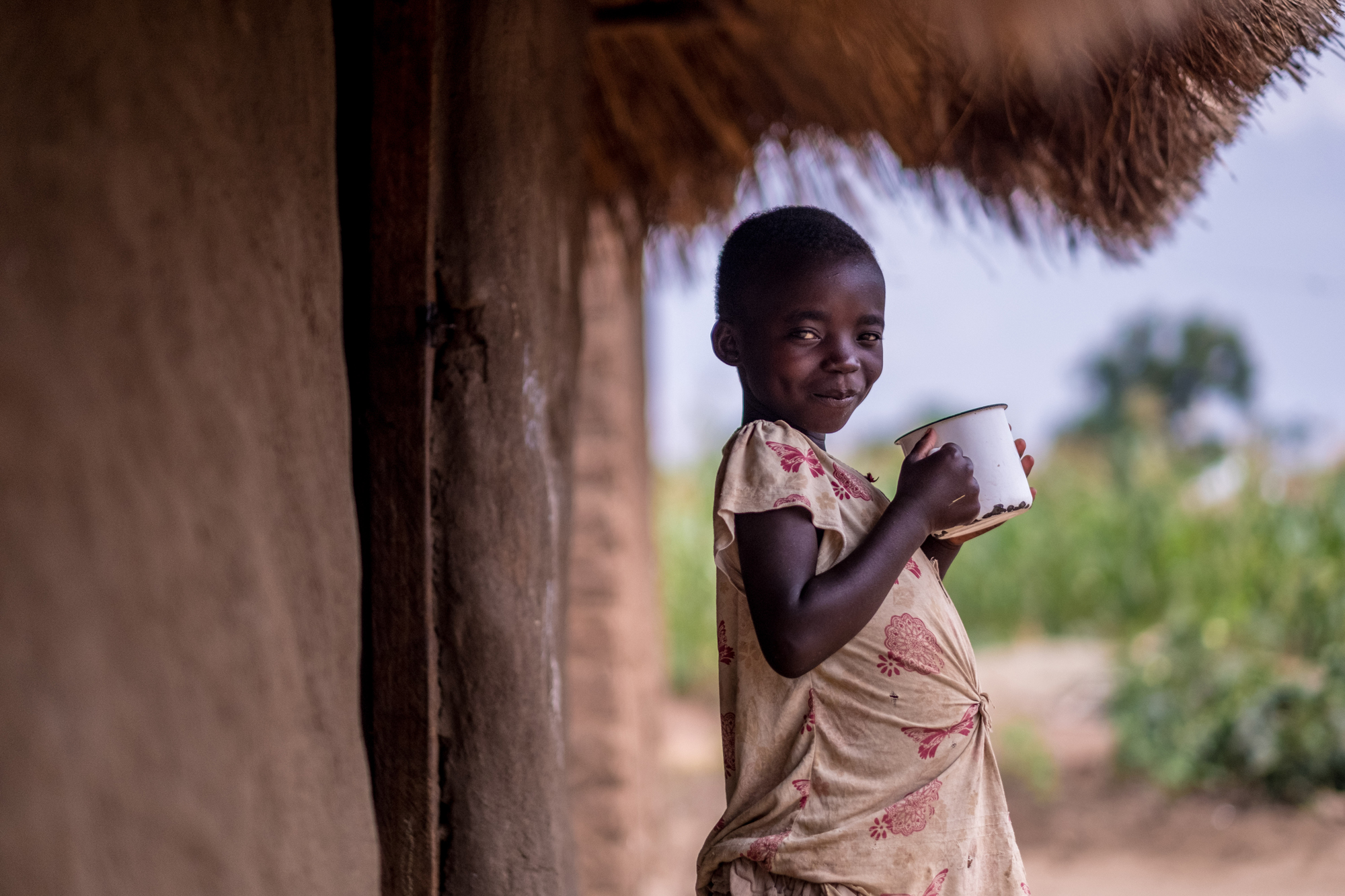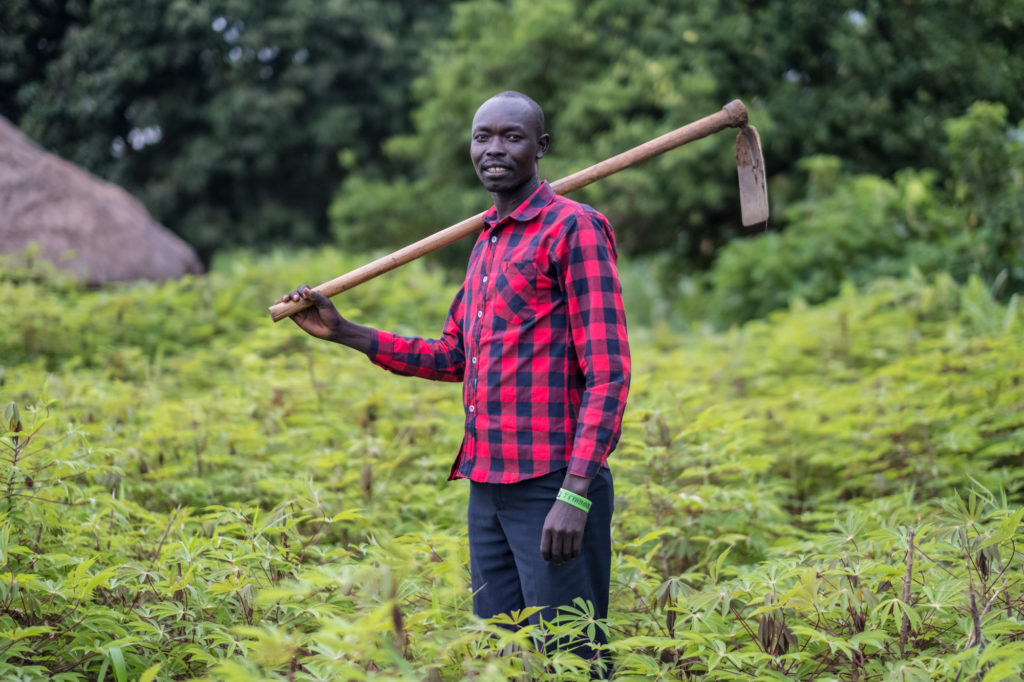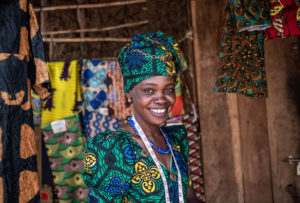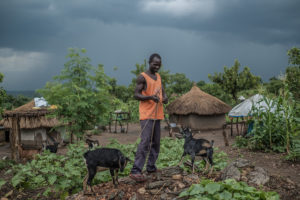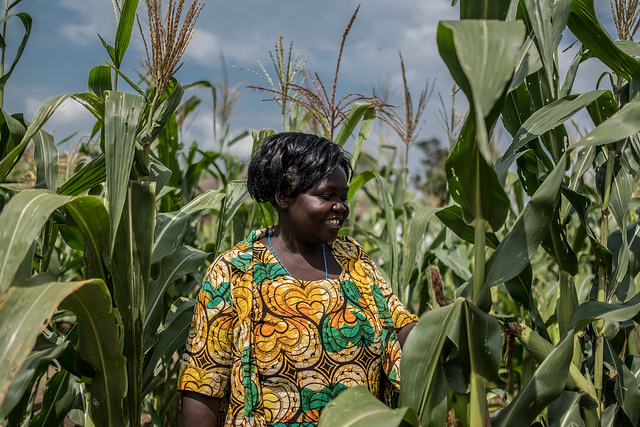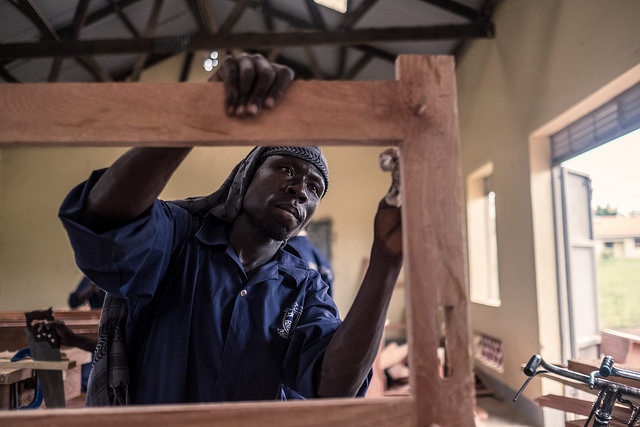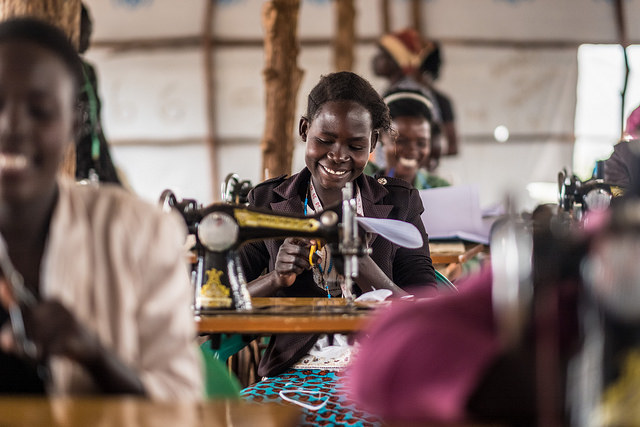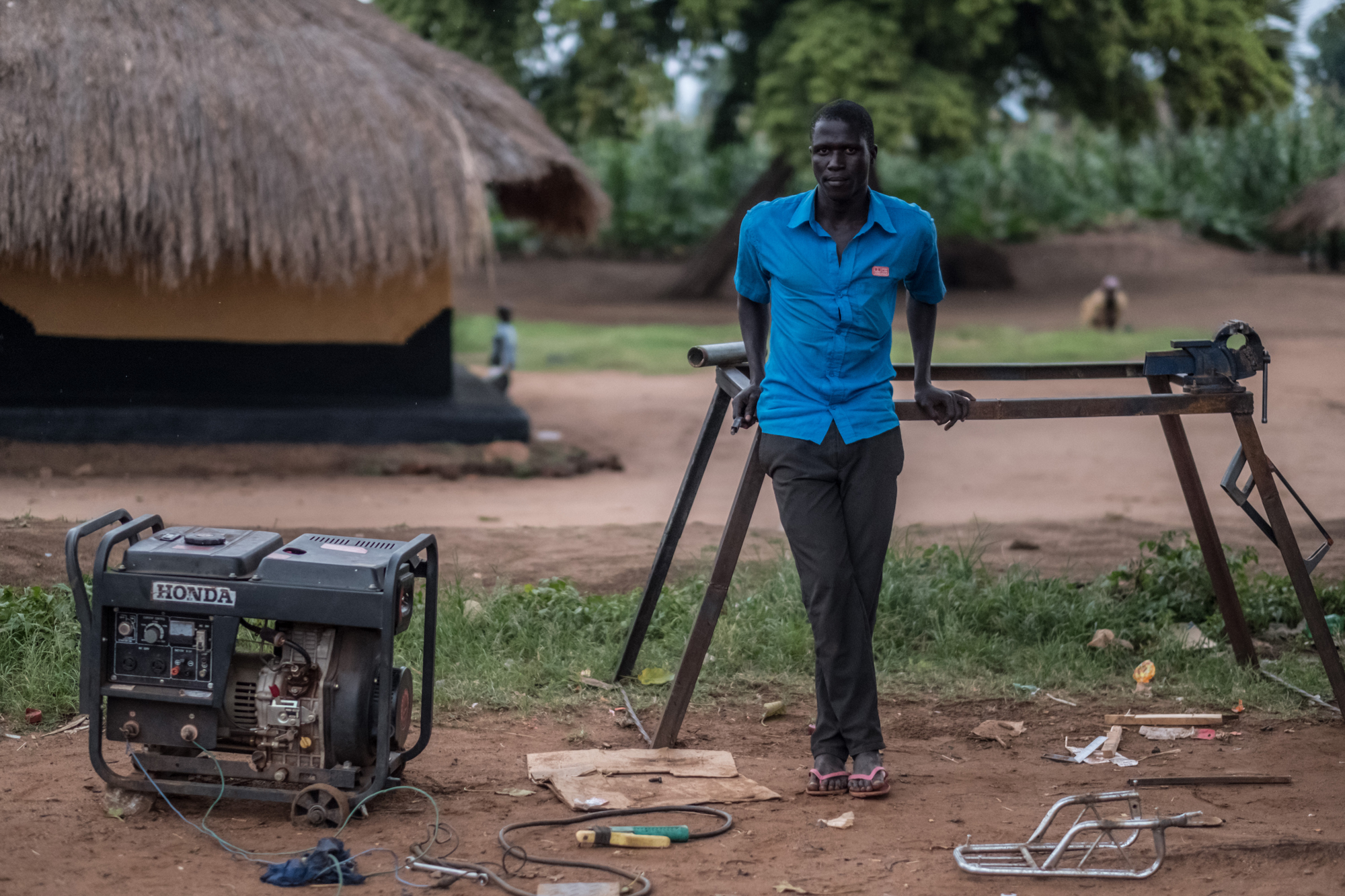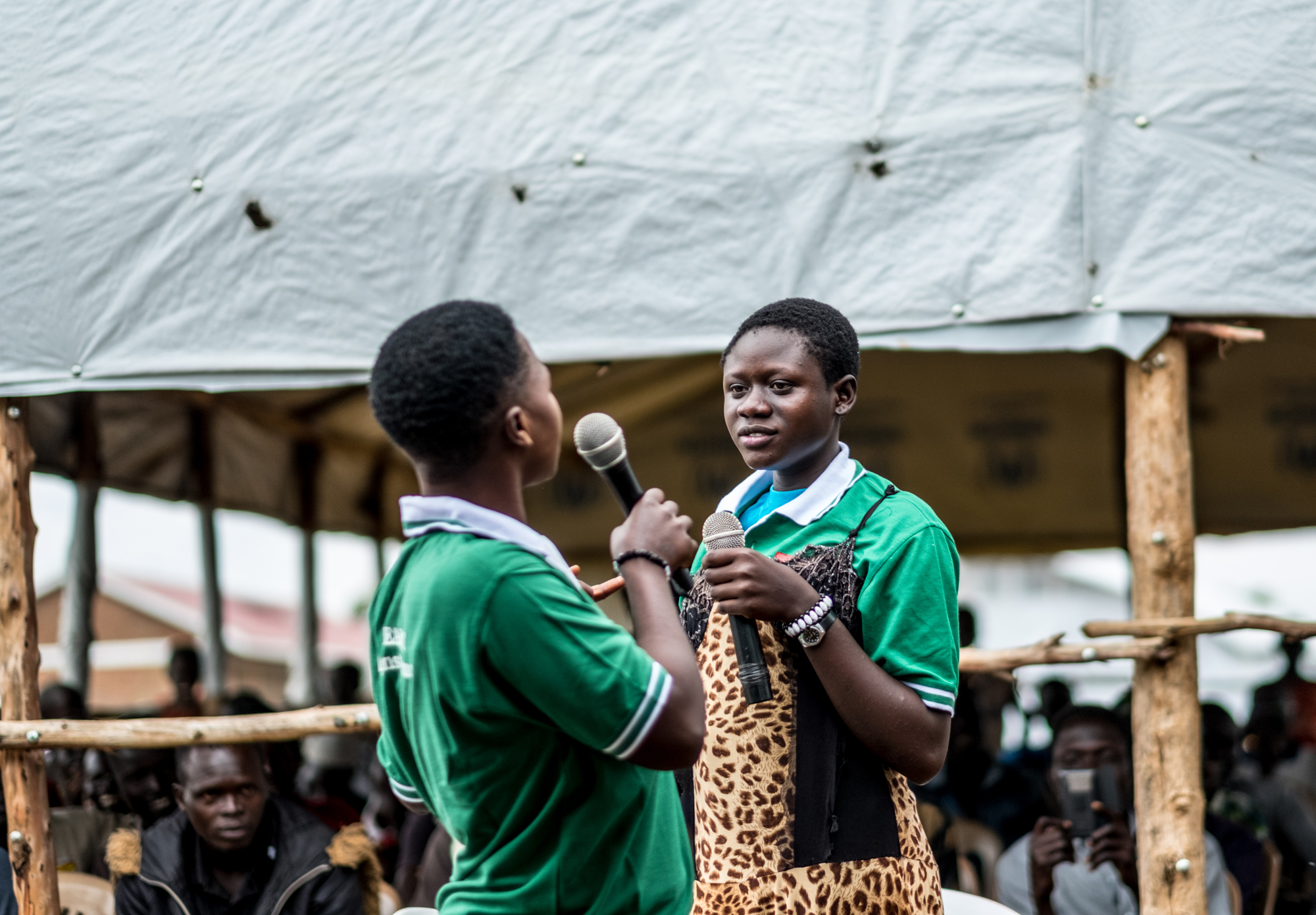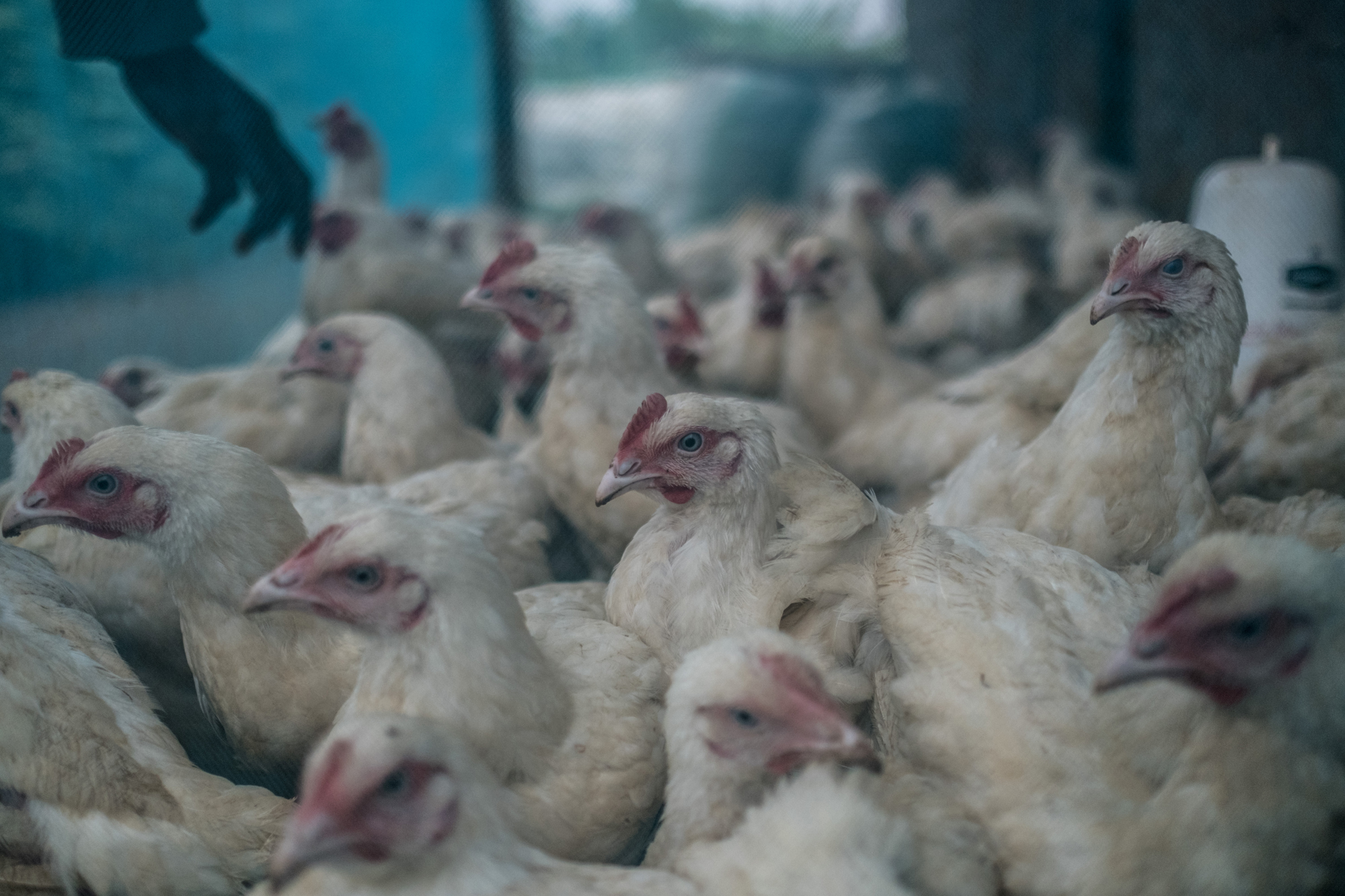Flourishing crops in Bidi Bidi
Bidi Bidi is Uganda’s largest refugee camp, home to over 285,000 people, where Caritas is working to help those who fled neighbouring South Sudan.
But in 2016, the camp was 100 square miles of dust, rocks and trees.
Within weeks of South Sudanese refugees arriving, Caritas teams in Bidi Bidi had distributed 10,000 hand tools for farming and 10,000 tonnes of vegetable seeds, reaching 3,600 refugee households (around 12,600 people).
In giving out seeds, the aim was for the refugees to be able to add quantity, variety and better nutrition to their food handouts.
Instead of surviving on just cornmeal, beans and oil, they could grow okra, cowpeas, eggplants, tomato, onions, cabbage, maize and groundnuts.
Malis Justin, another refugee from South Sudan, arrived in Bidi Bidi in October 2016. Shortly afterwards Caritas gave him okra seeds and tools.
With the money he made from selling his first crop of okra, Malis was able to buy new sandals for his children, along with some fish to add protein to their diet.

